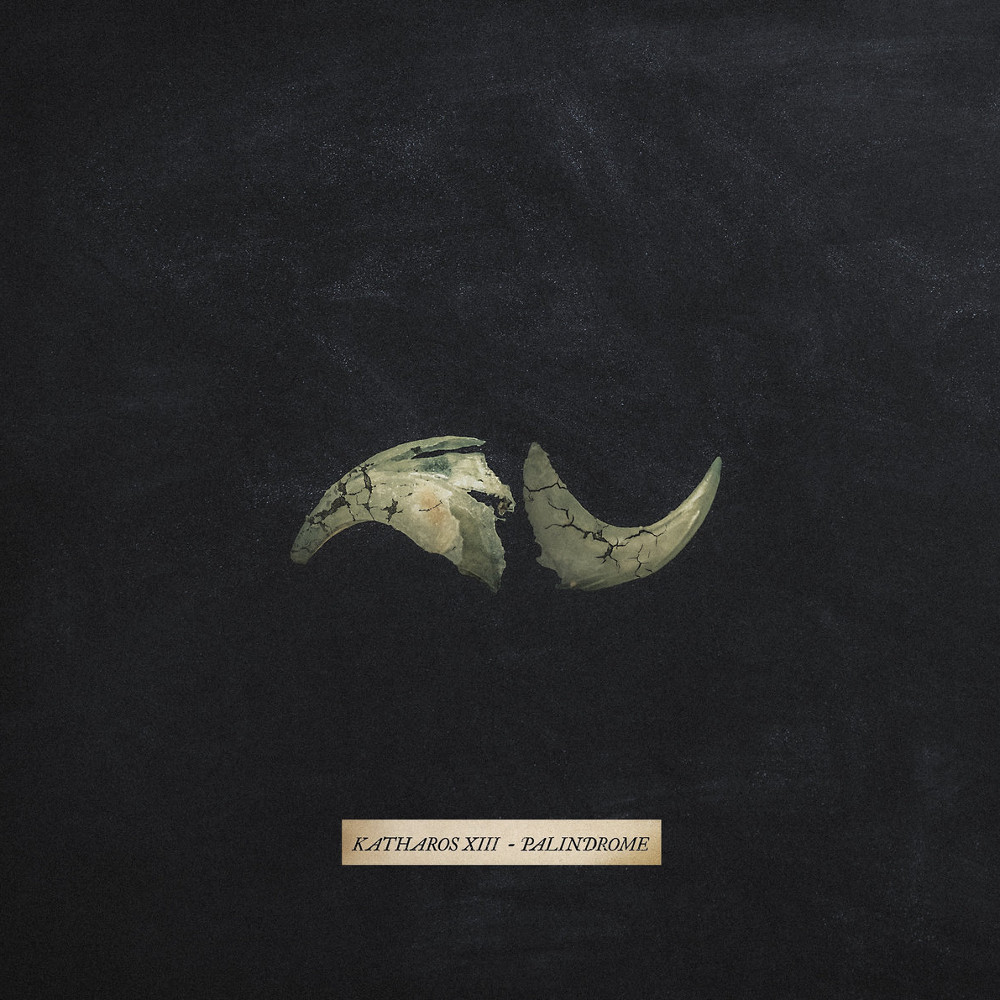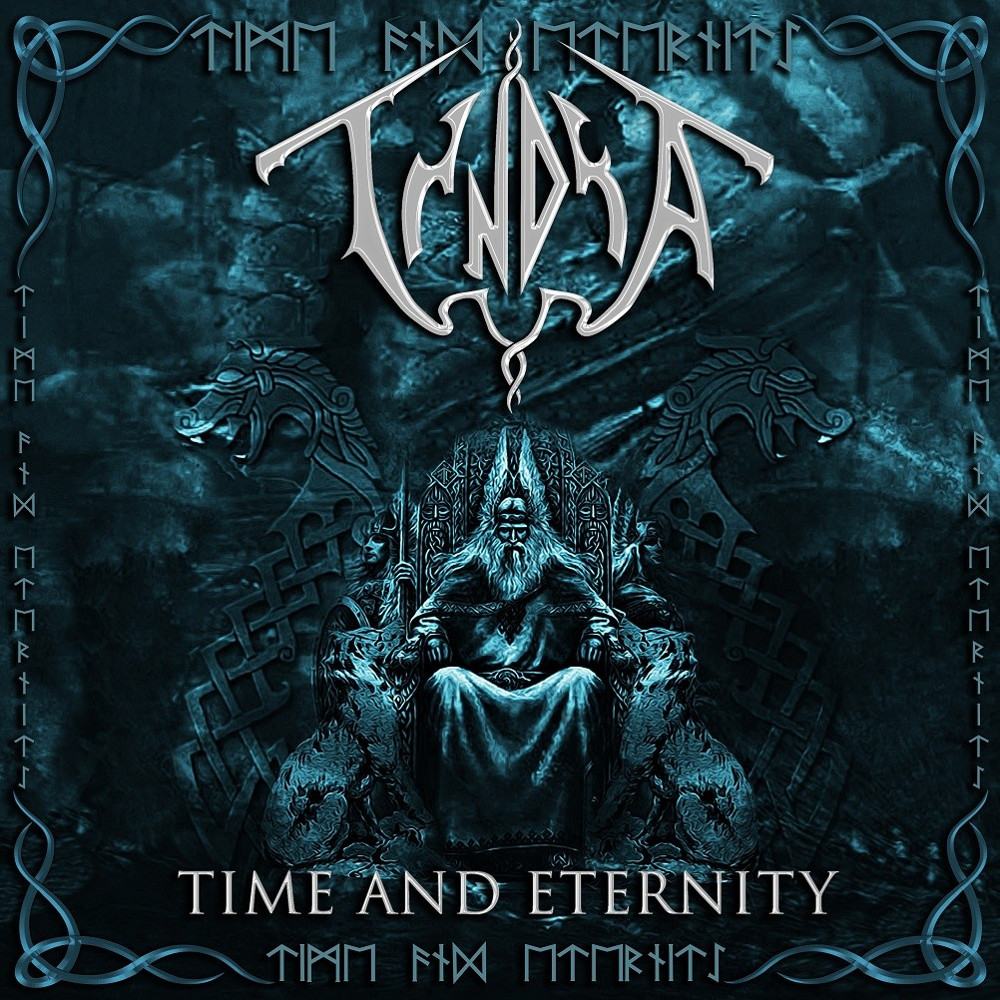 |
Country: Norway
Style: Black Metal
Rating: 6/10
Release Date: 18 Oct 2019
Sites: Bandcamp | Facebook | Instagram | Metal Archives | Official Website | Twitter | Wikipedia | YouTube
I can't remember which 1349 album I heard last. It may well have been their least well received studio opus thus far, Revelations of the Black Flame, in 2009, but I enjoyed whichever it was and promptly forgot how they sounded. I see that they've recovered in the eyes of the fans with a couple of further albums and this is their seventh thus far, arriving five years after Massive Cauldron of Chaos, the previous release in 2014.
It would appear that this is a sequel to their 2010 album, Demonoir, because there are a set (ahem) of ambient instrumental interludes all called Tunnel of Set. Demonoir featured Tunnel of Set I to VII and this keeps going, from XIII to X. I'm not sure if there's a story ongoing here but, if there is, I don't see it at all. All I can see that these interludes do is as a means to break up the pace. They don't do anything musically otherwise.
I think what I remember most is the vocal style of frontman Ravn. He has an easily recognisable approach, growling his lyrics with all due harshness but in a way whereby most of them can be understood. Frankly, I see that as a contrast to the rest of the band, because the musicians here play intricate and fast, with all sorts of time and rhythmic changes. Often they feel like an approaching storm with Ravn its intent, clear and blatant at the front.
Most of what he does is reminiscent of Tom G. Warrior of Celtic Frost, just with more enunciation, especially on songs that are also reminiscent of the Frosties like Through Eyes of Stone. However, in Towers Upon Towers he finds a rhythm that reminds of Martin Walkyier's work for Sabbat, another vocalist with recognisable enunciation.
The music is dense and complex. It has an immediate effect through its tone but not otherwise, though repeat listens open it up somewhat. There are some engaging riffs almost buried inside the songs that are reminiscent not only of Celtic Frost but also early Possessed, partly in tone and partly because the tone seems to be all that matters. The riffs don't drive the songs in a traditional fashion. Sure, they catch us up like a tornado and we feel that energy and motion but there's little accompanying sense of direction.
Without direction, these songs are enjoyable but not memorable. Fortunately, there are some exceptions. Towers Upon Towers is a highlight for me because the music follows the voice closer and Ravn finds those strong patterns. It seems to me that the album gets better as it goes, with Deeper Still and Striding the Chasm trying hard, a fresh version of Dødskamp, released earlier this year as a single, standing out for attention and Stand Tall in Fire, the closer, finishing up with something different.
In fact, Stand Tall in Fire, sitting alone on the other side of the last of the Tunnel of Set interludes, is a real anomaly here. It doesn't seem like a black metal song at all for quite a while, building a heavy metal vibe with a long narration, but it does grow. There are more dynamics going on in this one song than on the entire rest of the album, which relies on ferocity and tone instead.
I can't say that I didn't enjoy this but I have a feeling that I'm going to promptly forget how it sounds, just as I did after my last 1349 album.





















